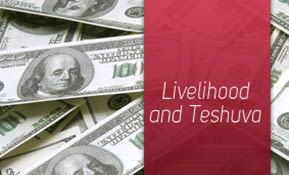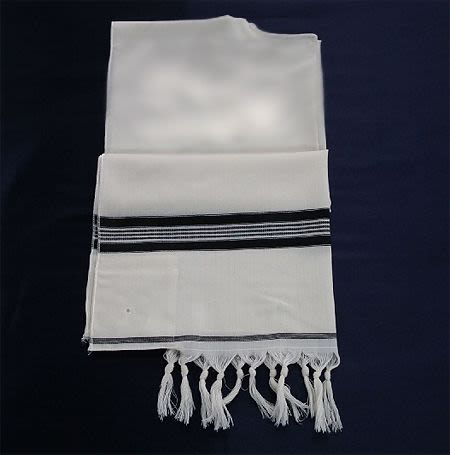
Shabbat and Income
People think that if they work on Shabbat, they'll generate more income. The truth is the exact opposite - observing Shabbat as a day of rest generates income.

People think that if they work on Shabbat, they’ll generate more income. The truth is the exact opposite and defies logic; by making the Shabbat a day of rest, one generates income for the entire week. Here’s how:
Our sages tell us that one’s income is rooted in the degree of his emuna and trust in Hashem, as King David said (Psalm 145:15), “The eyes of everyone are cast toward You, and You give them their food at the proper time.” The more we put our trust in Hashem, the more we facilitate our income.
Refraining from any type of work on the Sabbath strengthens our emuna that Hashem is the Provider, and that our income comes exclusively from Him. In total opposite of logic, our income comes from refraining  from working on the Sabbath and not from our working during the other six days. Belief in this principle invokes Divine abundance, and not our efforts, talents, or business acumen.
from working on the Sabbath and not from our working during the other six days. Belief in this principle invokes Divine abundance, and not our efforts, talents, or business acumen.
Emuna and trust in Hashem are not one-time acquisitions; they must be reinforced constantly. A person must remind himself all the time that his income and entire sustenance come from Hashem, and not from any particular endeavor. At the same time, one must deepen his belief that Hashem alone created and sustains the universe and thereby strengthen our belief in the Sabbath, which according to the Zohar, is the source of abundance for the entire week.
Here’s an example: a merchant sells his wares all week long, and from time to time, he must exercise his verbal prowess and business skills. Sometimes, he does some extra fast talking and wheeling and dealing to increase sales or to buy new inventory at bargain prices. The Sabbath comes once a week to remind him that his talents and aptitudes come from Hashem. What’s more, Sabbath reminds him that Hashem is the Provider, and not his commercial skills. Hashem gives him the power to succeed. The merchant is nothing more than a quill in the scribe’s hand. Now, when the merchant must close his business on Saturday, the apparent busiest day in the shopping mall when all the other businesses of his competitors are open, he truly sees how Hashem provides for him, beyond nature and beyond logic.
Rebbe Nachman of Breslev teaches us that by virtue of the Sabbath, a person receives “spiritual eyes”, whereby he is better able to evaluate himself on a spiritual level. This is hinted in the Torah’s passage, “See, that Hashem has given you the Sabbath” (Exodus 16:29). Hashem gives us the eyes to see the right path to take as a special gift on the Sabbath.
Rebbe Nachman adds that a person is capable of seeing himself in proper perspective on the Sabbath. Observing the Sabbath is therefore conducive not only to emuna, but to humility as well. The root letters of Sabbath in Hebrew, Shabbat – ש (shin), ב (beth) and ת (taf) – are also the root letters of teshuva, or penitence and returning to Hashem. The more a person is immersed in teshuva, the greater he receives the holy illumination of the Sabbath day.
With the above in mind, anytime a person calls a “time-out” from the weekday rat-race, and stops running like a chinchilla on a wheel to ponder Hashem and to engage in teshuva, he becomes spiritually immersed in a higher spiritual state that virtually resembles the Sabbath. As such, daily personal prayer that’s coupled with self-assessment and teshuva provides rest and rejuvenation for body and soul. The more a person occupies himself with teshuva during the week, the more he enjoys and appreciates the illumination of the Sabbath, all by virtue of the close interrelation between teshuva and the Sabbath. Shabbat Shalom, and may Hashem bless you with a wonderful income.











Tell us what you think!
Thank you for your comment!
It will be published after approval by the Editor.